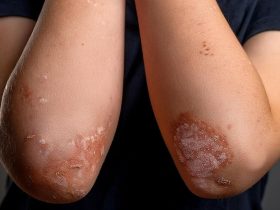Substance use disorder was most commonly seen
By Lori Solomon HealthDay Reporter
WEDNESDAY, April 17, 2024 (HealthDay News) — The majority of people experiencing homelessness have mental health disorders, according to a review published online April 17 in JAMA Psychiatry.
Rebecca Barry, Ph.D., from the Cumming School of Medicine at the University of Calgary in Alberta, Canada, and colleagues conducted a systematic literature review and meta-analyses to examine the prevalence of mental health disorders among adults experiencing homelessness globally.
Based on 85 included studies (48,414 participants), the researchers found that the current prevalence of mental health disorders among people experiencing homelessness was 67 percent, while the lifetime prevalence was 77 percent. A significantly higher lifetime prevalence of mental health disorders (86 percent) was seen among male versus female individuals (69 percent). The prevalence of substance use disorder was 44 percent, followed by antisocial personality disorder (26 percent), major depression (19 percent), schizophrenia (7 percent), and bipolar disorder (8 percent).
“The findings demonstrate that most people experiencing homelessness have mental health disorders, with higher prevalences than those observed in general community samples,” the authors write. “Specific interventions are needed to support the mental health needs of this population, including close coordination of mental health, social, and housing services and policies to support people experiencing homelessness with mental disorders.”
Abstract/Full Text (subscription or payment may be required)
Copyright © 2024 HealthDay. All rights reserved.







